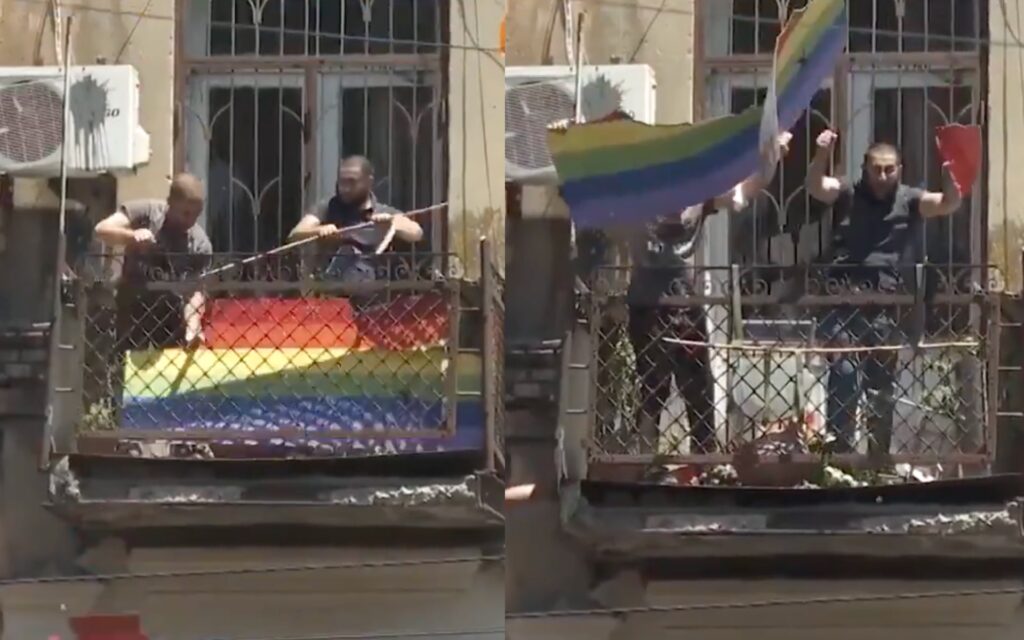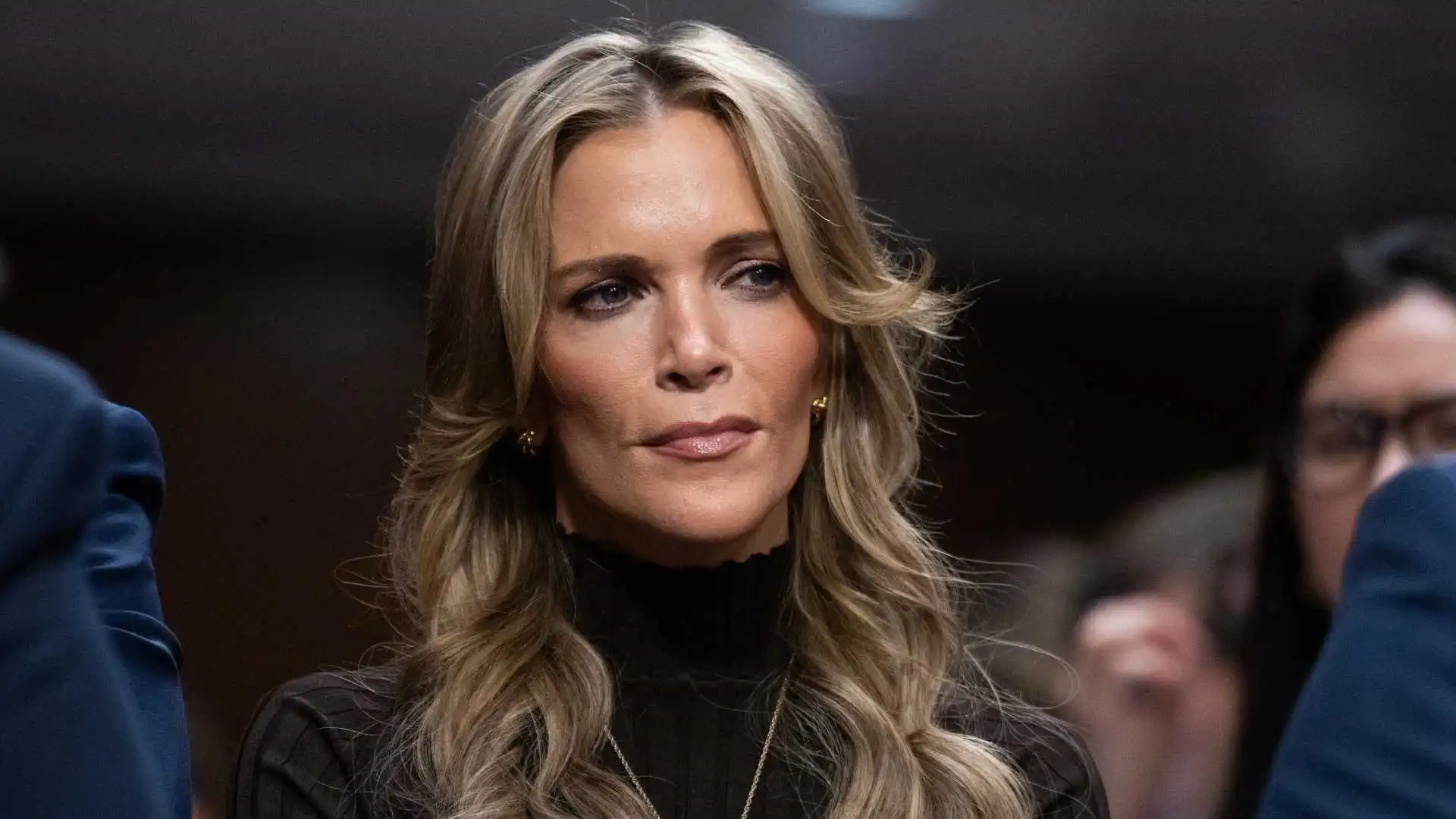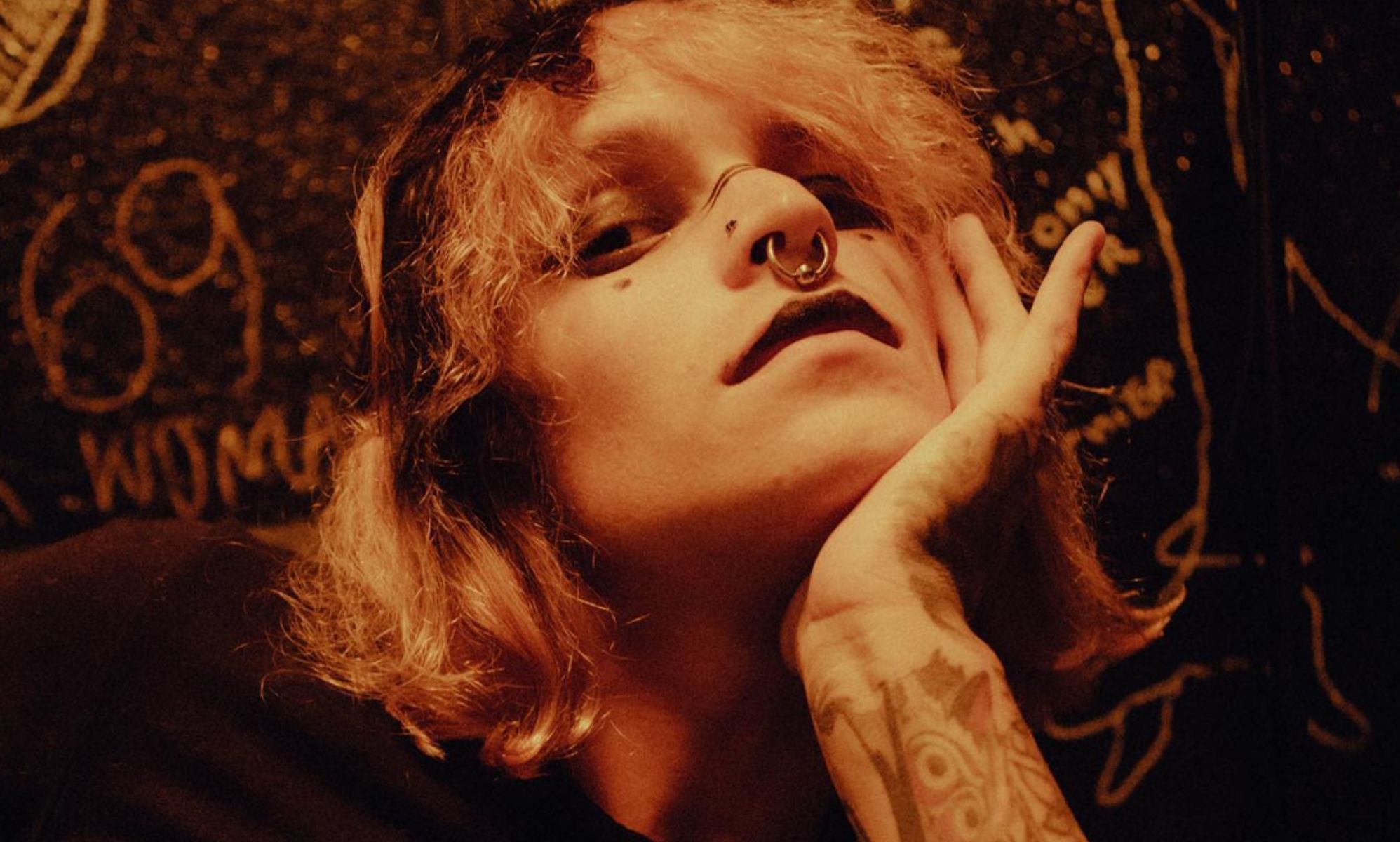Tbilisi Pride attacks that left cameraman dead ‘planned by Georgia officials’, report claims
Alexander (Lekso) Lashkarava died after he covered the violent protests at Tbilisi Pride. (Twitter)
Georgian security forces allegedly planned and helped to execute the wave of far-right, anti-LGBTQ+ violence that seized Tbilisi in 2021.
Tbilisi Pride organisers were forced to cancel its march after its offices were ransacked and violence broke out across the city on 5 July, 2021.
Nearly 50 journalists covering the violence were injured as rioters tore through Tbilisi, including TV-Pirveli cameraman Aleksandre Lashkarava, who died six days after a mob brutally beat him for 20 minutes.
Almost a year on, a report by TV Pirveli claimed State Security Service of Georgia (SSS) agents were behind the brutality.
The report, broadcast on 11 June, claimed Georgian officials encouraged the “extermination” of LGBTQ+ people, Civil.ge reported.

Unverified internal correspondence obtained by the channel showed security service staff being instructed to organise a demonstration against Tbilisi Pride’s March on Dignity parade, which was to cap off a week of anxious celebrations in the deeply conservative country. The march was ultimately cancelled.
In one message dated 12:54am on 5 July, an operative ordered for “maximum mobilisation” in Vake Park, Mziuri Park, and Marjanishvili Square at various times throughout the day. Agency staff were told to take photographs and film video footage.
Another message saw officials instruct agents to tell the media that Tbilisi Pride and other pro-LGBTQ+ organisations were part of the United National Movement, the country’s liberal opposition party.
TV-Pirveli alleged that security forces also sought to stage a rally against a film screening on 2 July. Tbilisi Pride launched Pride Week with a screening of the documentary March for Dignity for 200 guests in the Khidi Club.

Nine of Georgia’s top human rights groups said the allegations prompt “an even more dangerous and disturbing assumption” that Georgia’s State Security Service may have been “behind the planning and management of that mass violence”.
But none were all that surprised, the groups said in a letter shared by Transparency International Georgia, an anti-corruption NGO and one of the signatories.
“Tolerating mass violence against journalists/activist groups, demonstratively ineffective prevention and the investigation becomes more straightforward and understandable in the context where SSS personnel may be directly involved in planning these processes,” the letter stated.
The nine organisations noted how indifferent state authorities and politicians have been in their investigations into violent protests. Nearly a year on, no criminal proceedings have been launched against counter-protesters and little to no care was offered to victims, the groups said.
Again, none were surprised. Calling it a “lack of political will”, they pointed to a statement issued by prime minister Irakli Gharibashvili a week after the attacks as proof of how little those in power care for LGBTQ+ lives.
“When 95 per cent of our population demonstratively opposes the propagandistic parade, we must all obey it,” he said. “This is the opinion of the people.”
The groups believe the string of attacks were “undisguisedly linked” to Russia.
“Of particular concern is that the agenda of the organisers of the violent rally is openly and undisguisedly linked to the Kremlin’s policies and support,” they wrote.
“The loyalty shown by the state towards such groups and their possible instrumentalisation raises additional broader political suspicions.”
PinkNews contacted the State Security Service of Georgia for comment.






